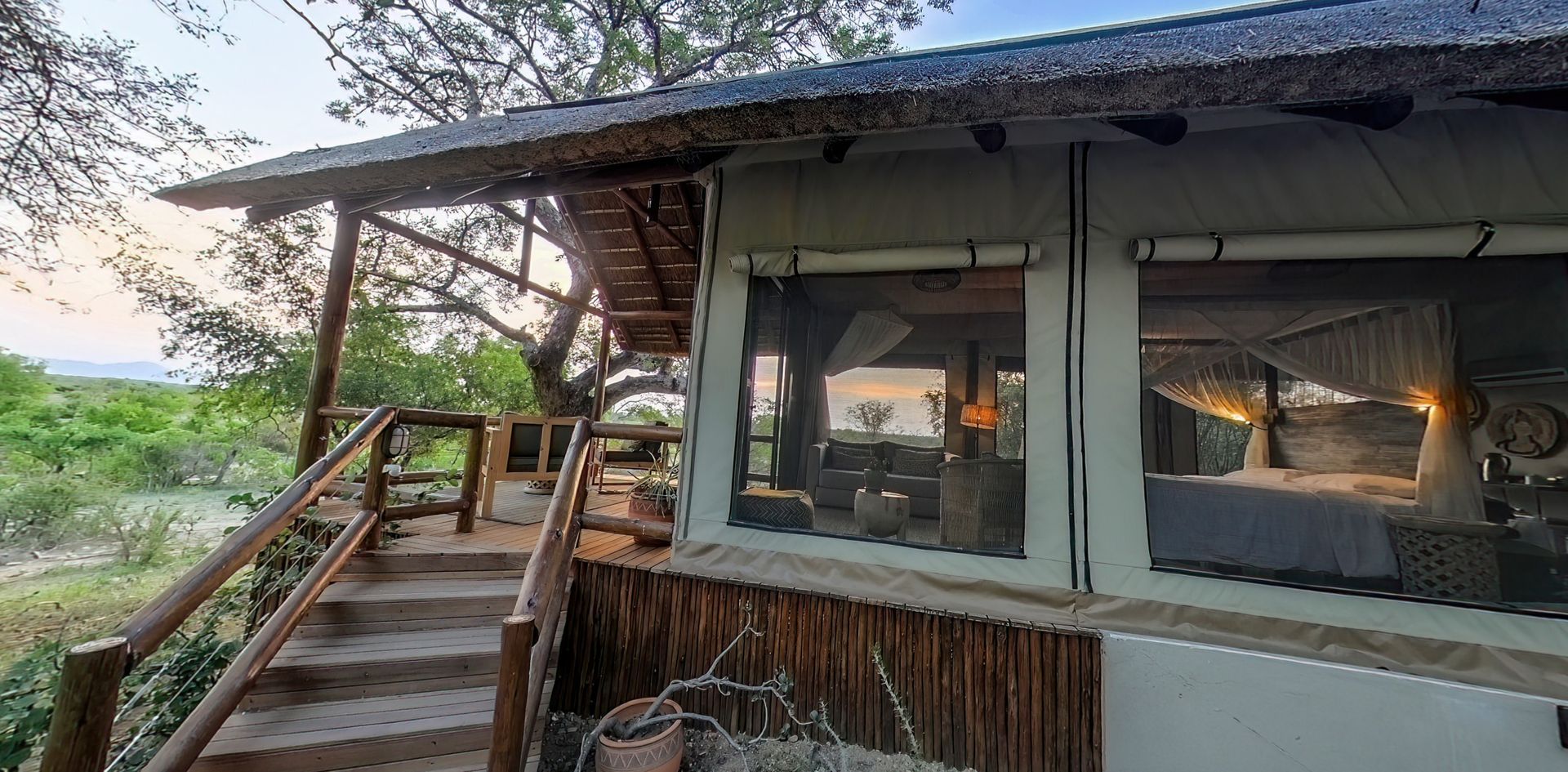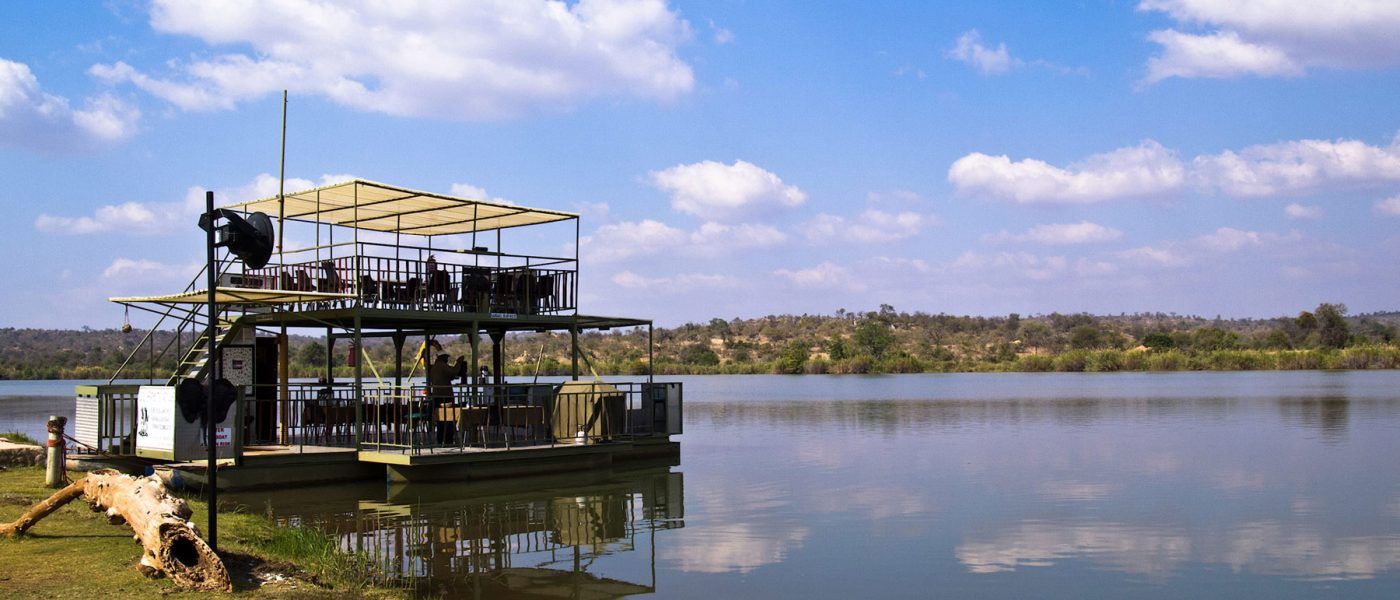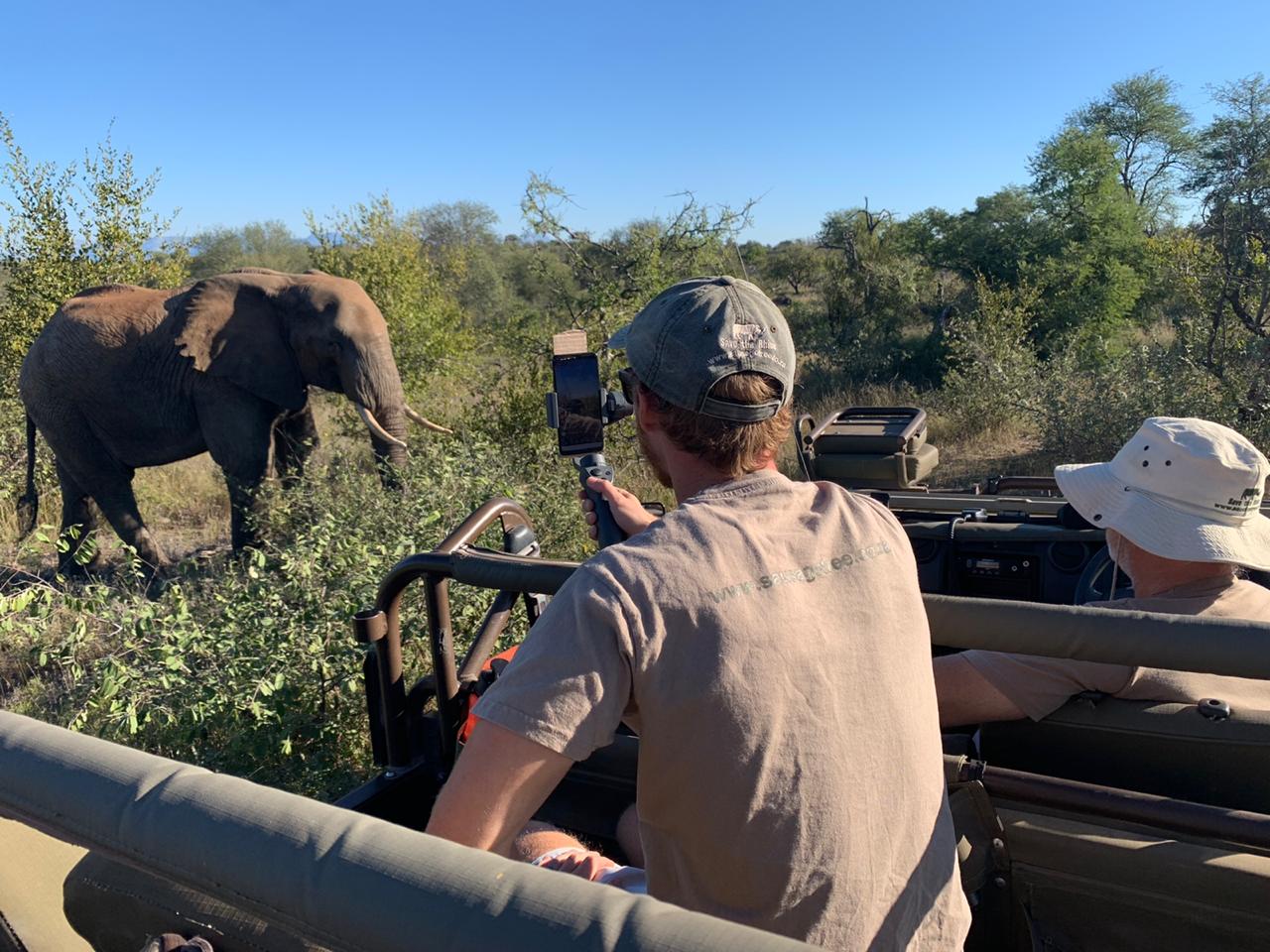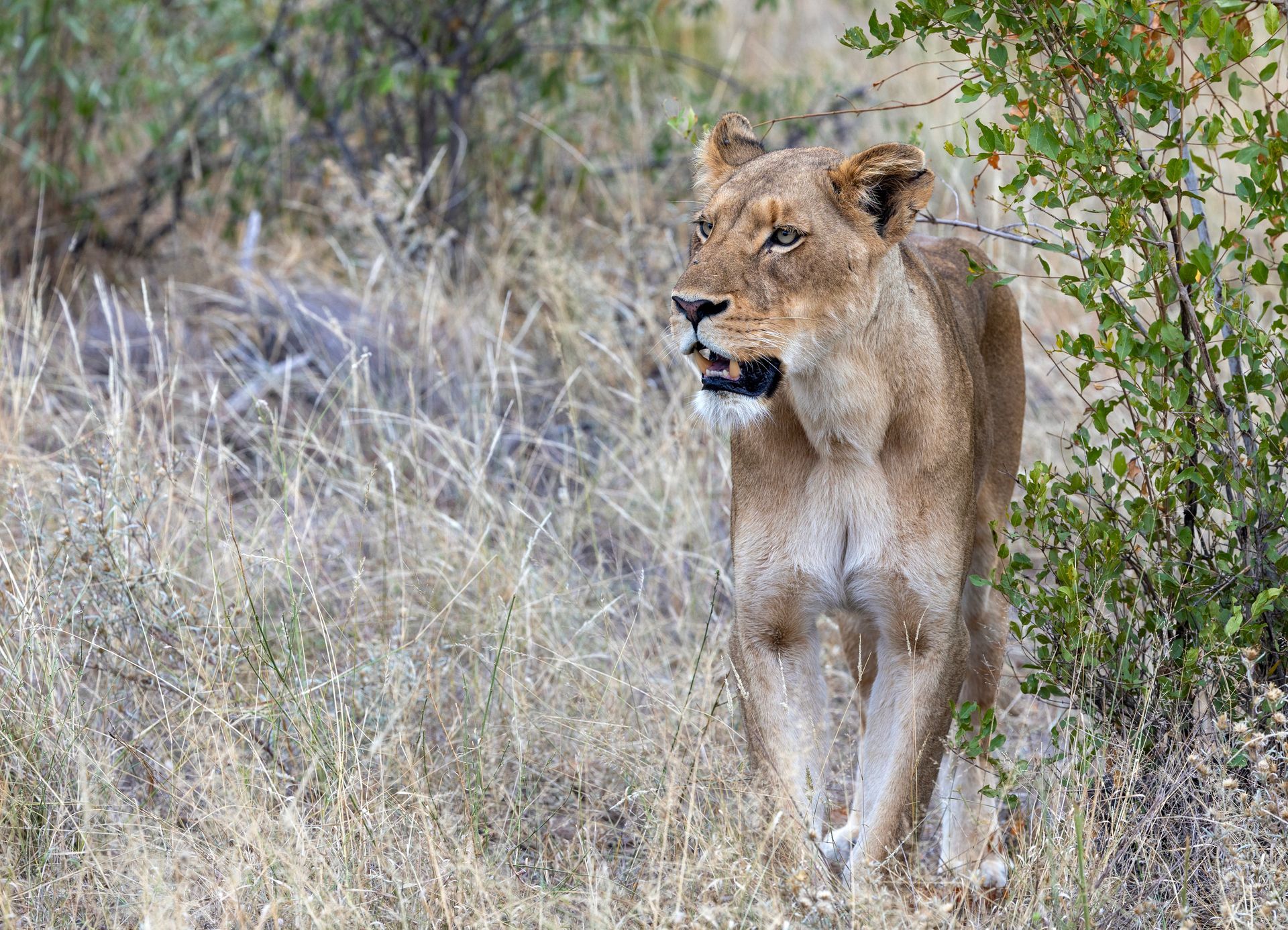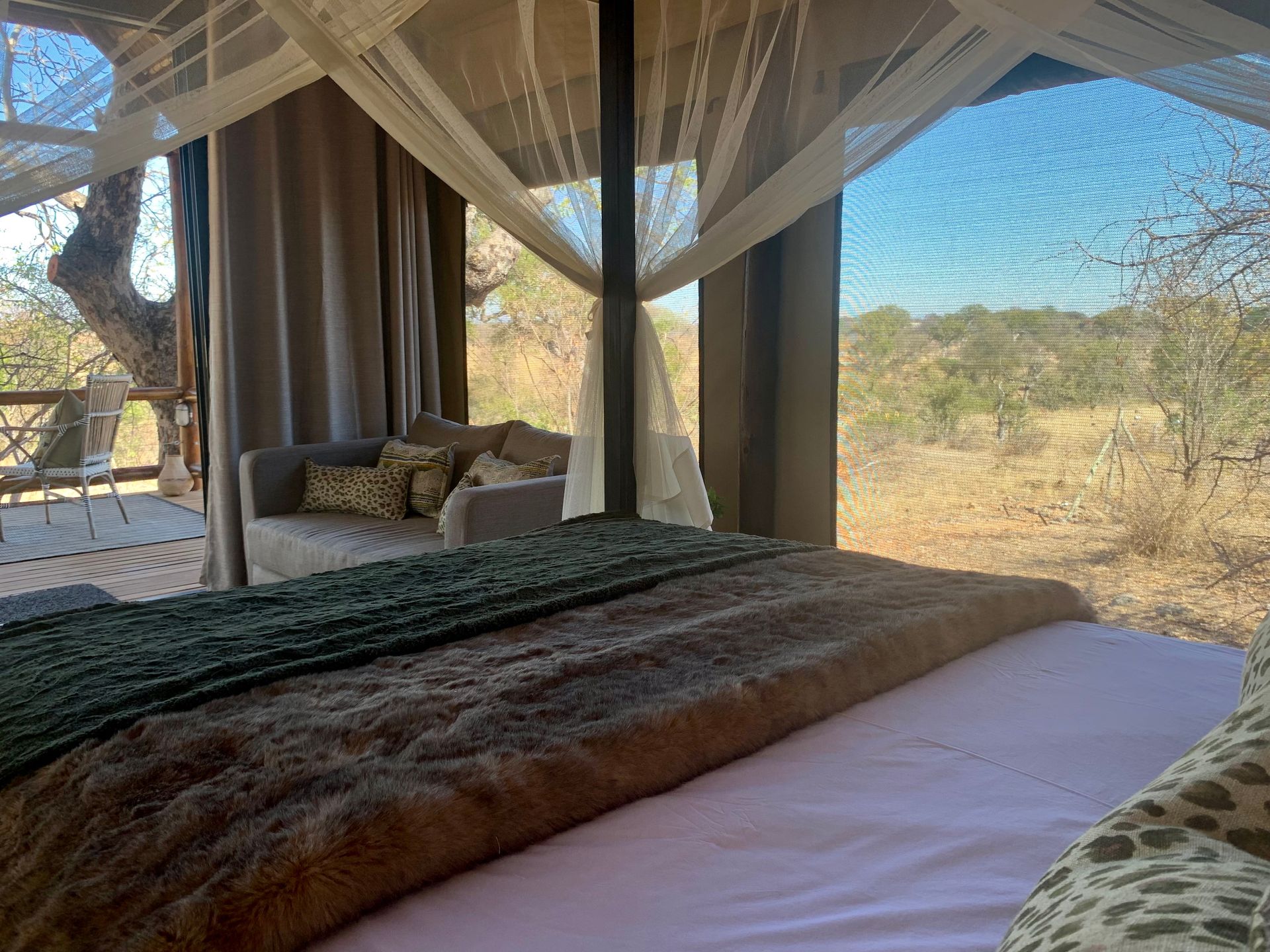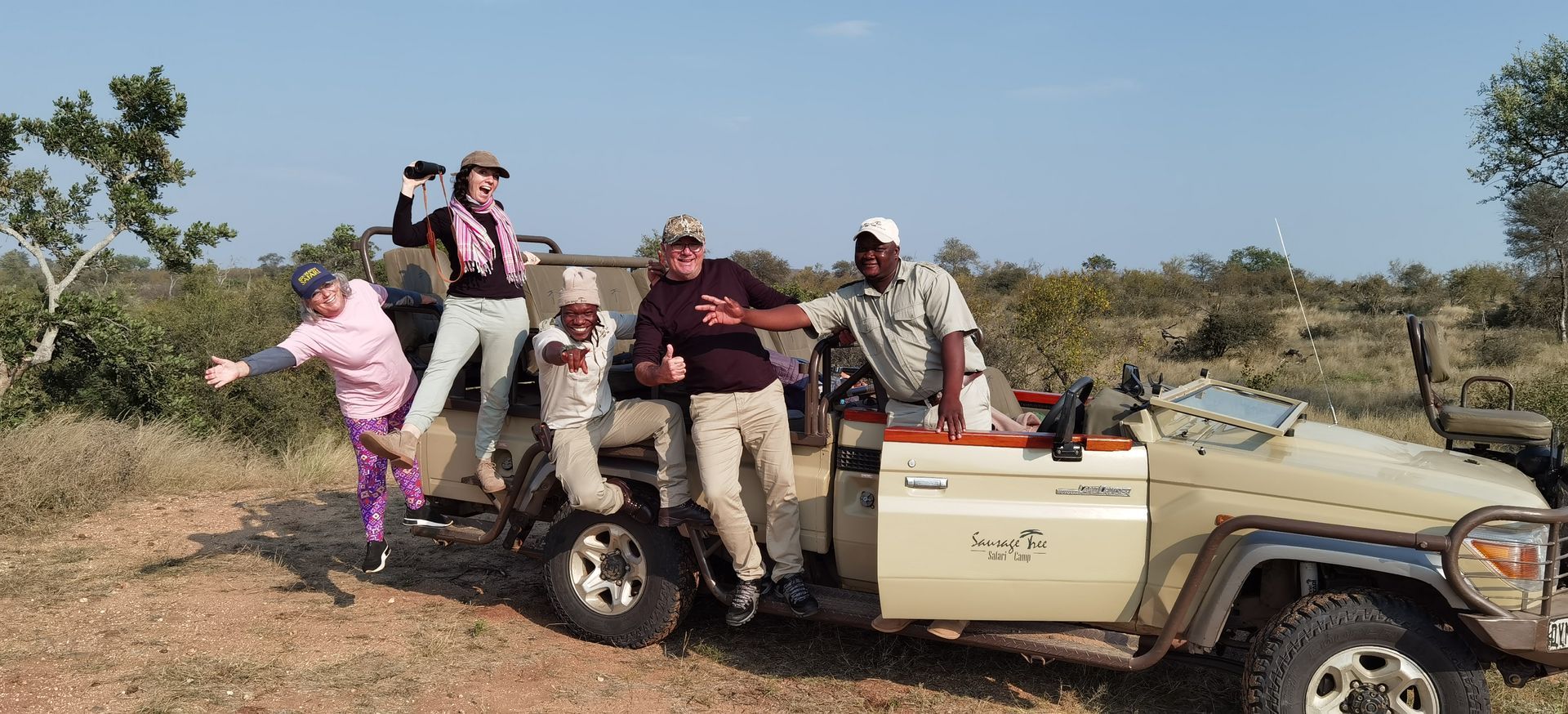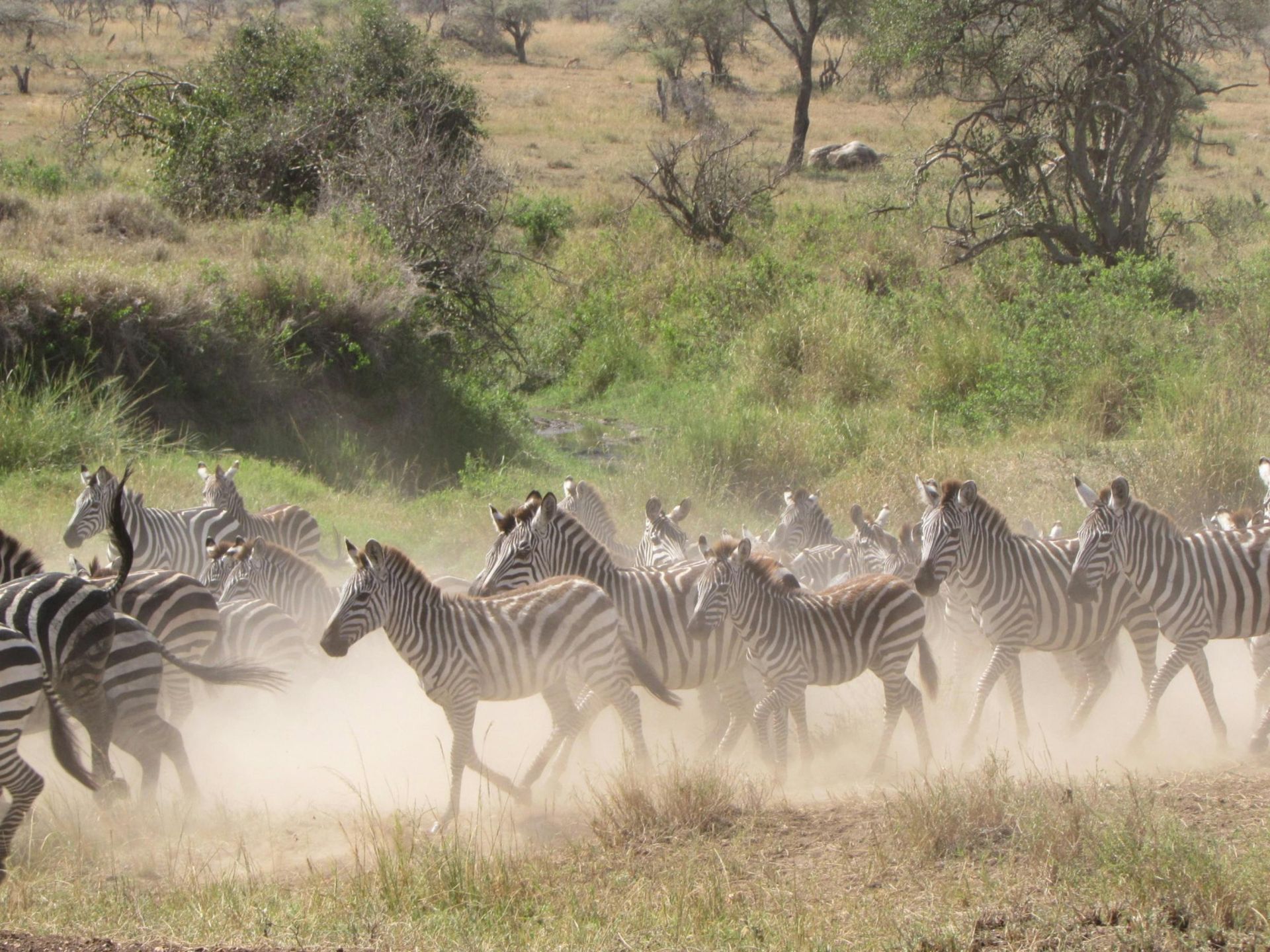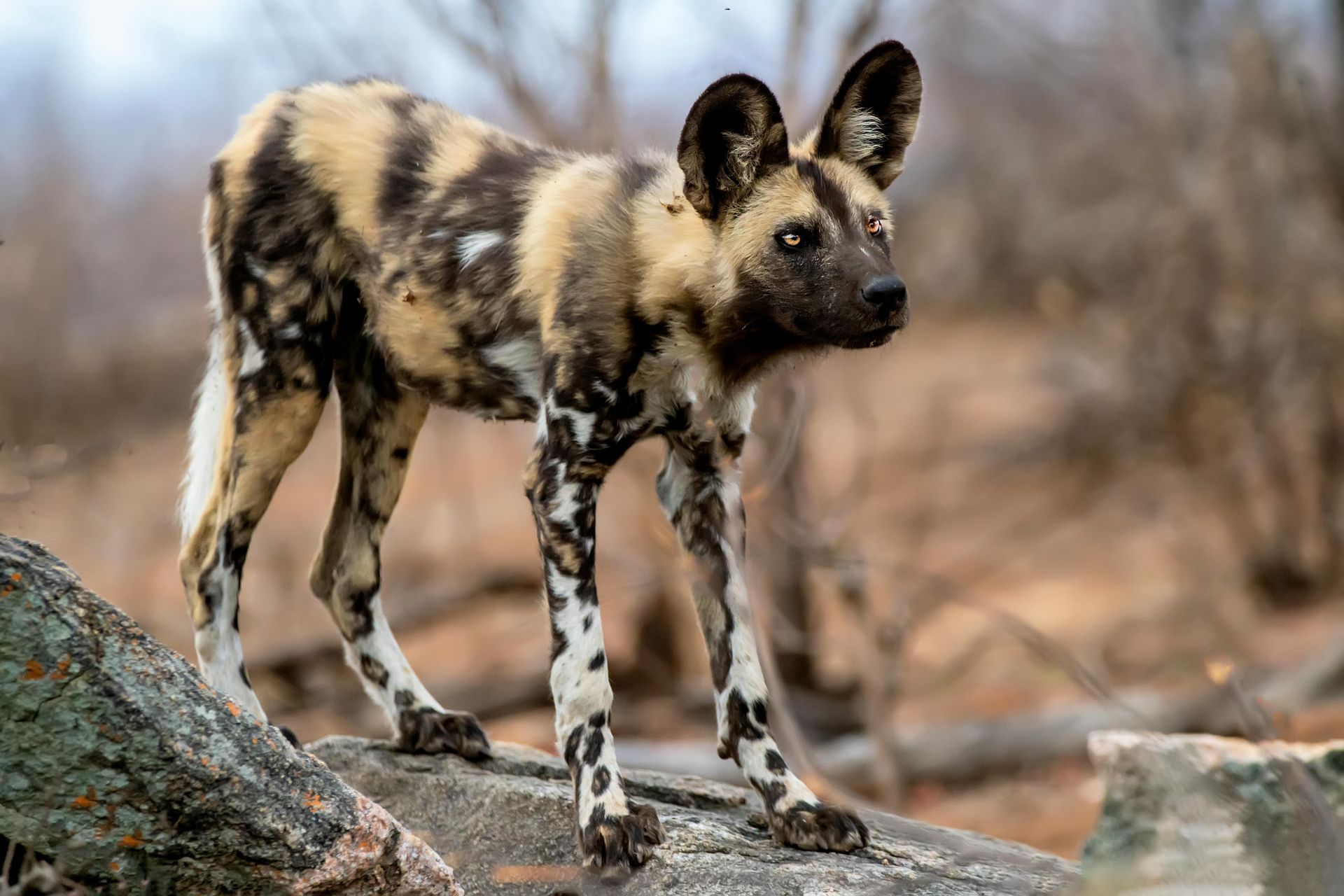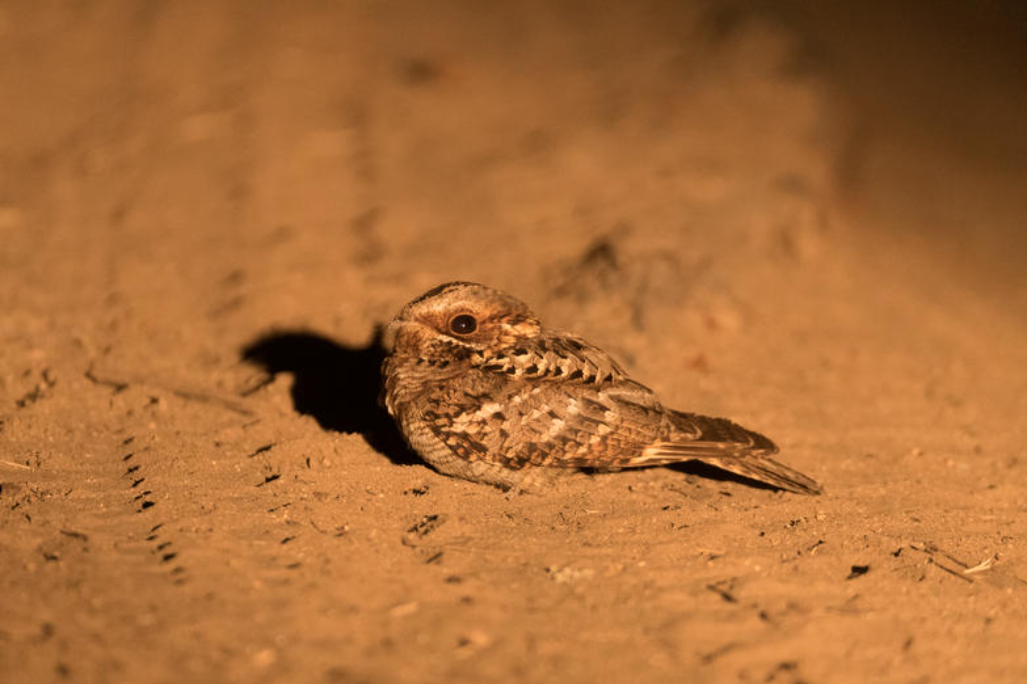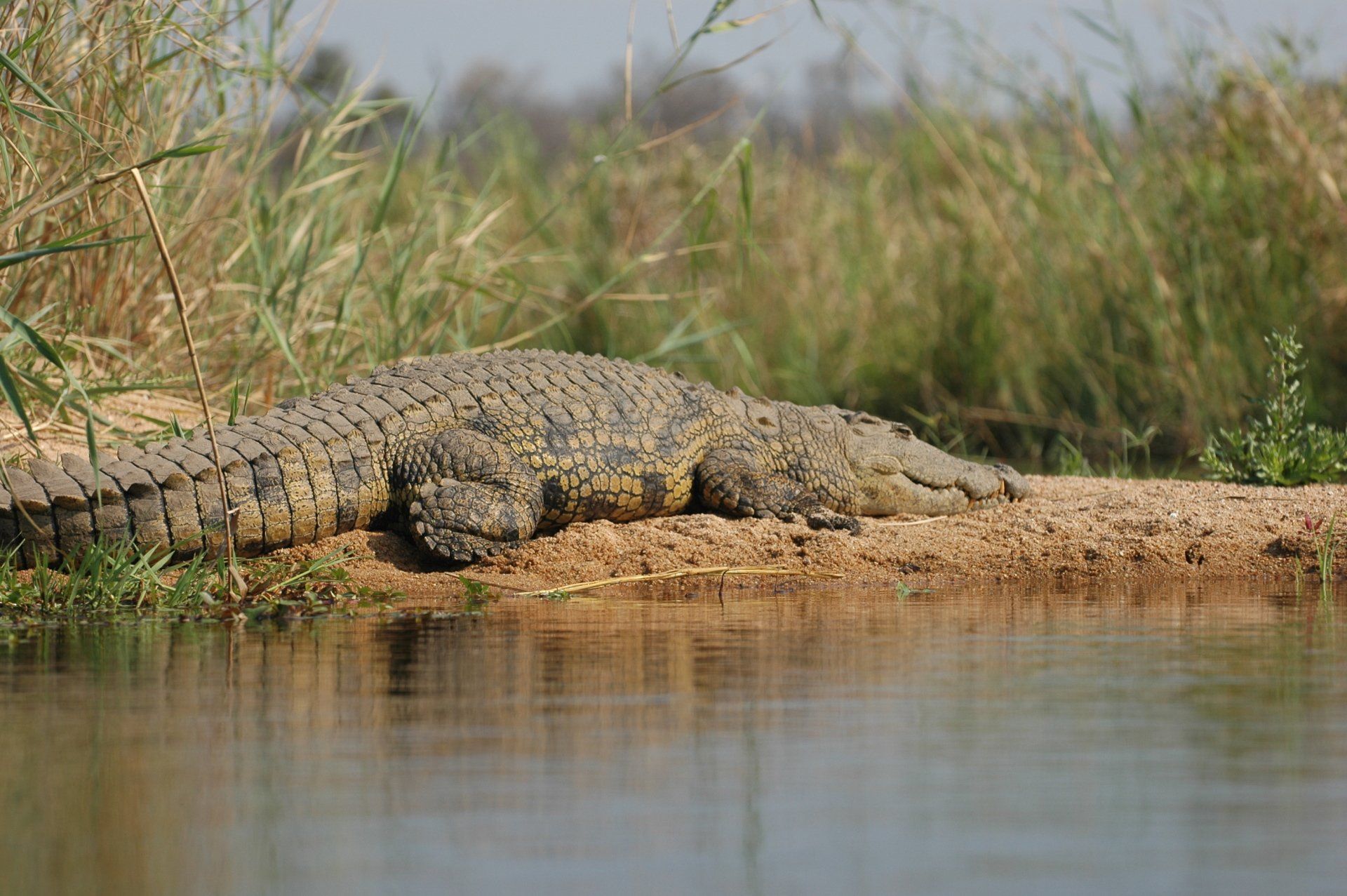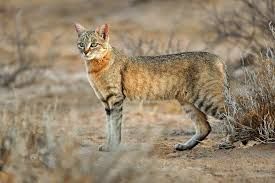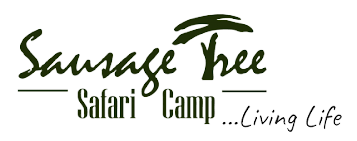Olifants River
The Balule conservancy is halved by the Olifants River running through it. The Balule conservancy takes its name from this river which was also known as the Obalaule River . Obalule translation is “long, stretched out one”.
This perennial river has its source near Bethal, some 155 kms East of the outskirts of Johannesburg and passes through the the Witbank and then the Loskop Dam and flows East across the Lowveld joined by the Blyde River ,West of Hoedspruit and then across Balule Conservancy into the Kruger National Park where it is joined by the Letaba River. Thereafter it crosses into Gaza Province , Mozambique slicing through the Lebombo Mountains by way of the Olifants Gorge becoming the Rio Dos Olifants and eventually flowing into the mighty Limpopo River 40 kms before entering the Indian Ocean at the port of Xai-Xai , North of Maputo.
The Olifants River has a 55,000km2 catchment area with a length of 560 kms and about 60 % of the water taken from the river is for irrigation, about 20% to generate power, about 20% for towns, industries and mines. It’s water powers Eskom’s dozen coal fired power stations in the Highveld , then irrigates the huge citrus farms the Lowveld side of the Drakensberg Mountains before bringing life to the Greater Kruger National Park.
In the recent drought years in the KNP the river slowed to a trickle and then dried up for three months causing fish and hippo populations to crash. This appears not to be just drought related but stemmed from past practice of the Department of Water Affairs and Forestry issuing so many licenses to farmers,miners,industrialists and other sectors that more water can be taken out of the river each year than consistently flows along its length. The recent development of the richest seam of platinum in the world in the Burgersfort has resulted in a proliferation of licensed mines and illegal mines . Politically connected mine owners are alleged to have enjoyed little oversight of the amount of water used or of the quality of the water released back with elevated levels of heavy metals now being found in tested fish.
Thabo Mohlala , a biomonitor technician at the NGO Award based in Hoedspruit has stated that mines and waste water treatment works are the two biggest problems > the latter being relatively easy to fix given resource and will, as it is a maintenance problem. Mines is a tougher one and Mohlala was very instrumental in the successful prosecution of Bosveld Phosphates, a processing plant outside nearby Phalaborwa , pay a R2.55 million fine for polluting the Ga-Selati River in 2014 . This spill resulted in the deaths of hundreds of crocodiles in the main KNP. The fatty tissue in the tails of the affected crocodile turned an orange colour and and stiffened preventing them from swimming. This stemmed from the polluted fish these crocodile were feeding upon , fish in general average approximately 90% of a crocodile’s diet.
There is now a thorough analysis being undertaken of the overall situation which may well lead to cutting water allocations based on considerations of the needs of the environment as well as economic and social issues. Hopefully numbers and quality of monitoring staff and application of existing regulations will improve.
In the meantime ,part of our traversing takes us along 5kms along the southern bank of the Olifants from West of the Olifants River Bridge still has impressive populations of crocodile , hippo and bird life in abundance. Saddle billed stork, yellow billed stork and Goliath heron are frequent sightings and many other riverine dwellers with the occasional treat of a Pels Fishing Owl, trumpeter hornbill and open bills.
Enjoying a sundowner whilst watching elephant wallow in the river they gave their name to is one of the highlights for our guests and for a short time we can all forget these real issues that are threatening the integrity of this important river which must be protected at all costs.
We are Sausage Tree Safari Camp, a small, intimate, family run luxury tented camp consistently rated No.1 in Balule by TripAdvisor. Check us out at www.sausagetree.co.za
